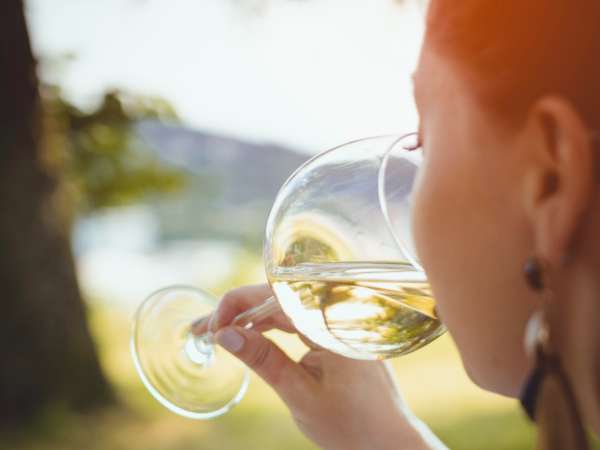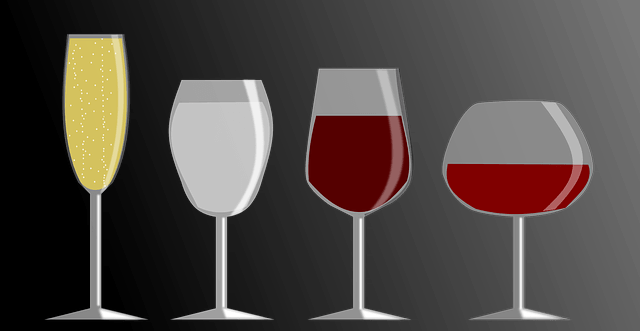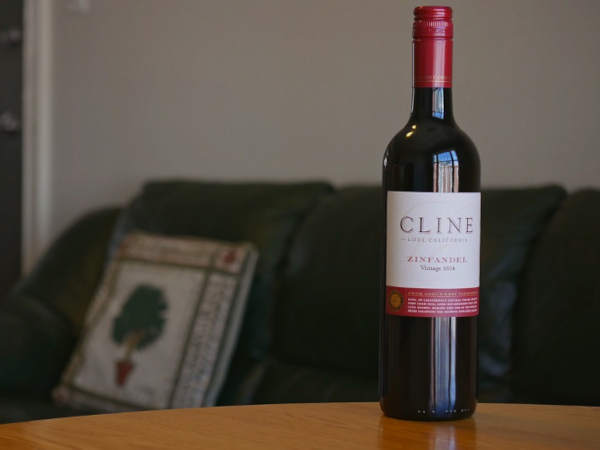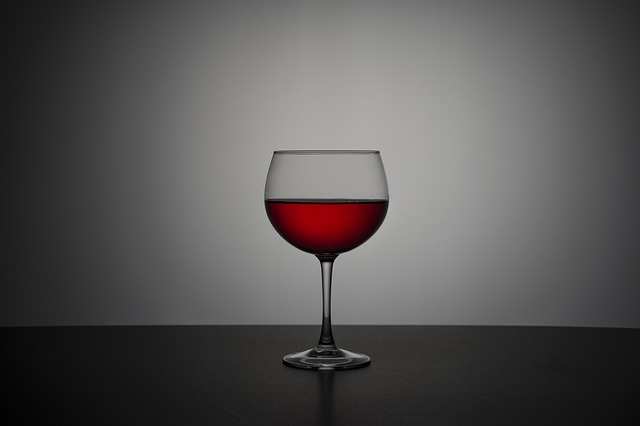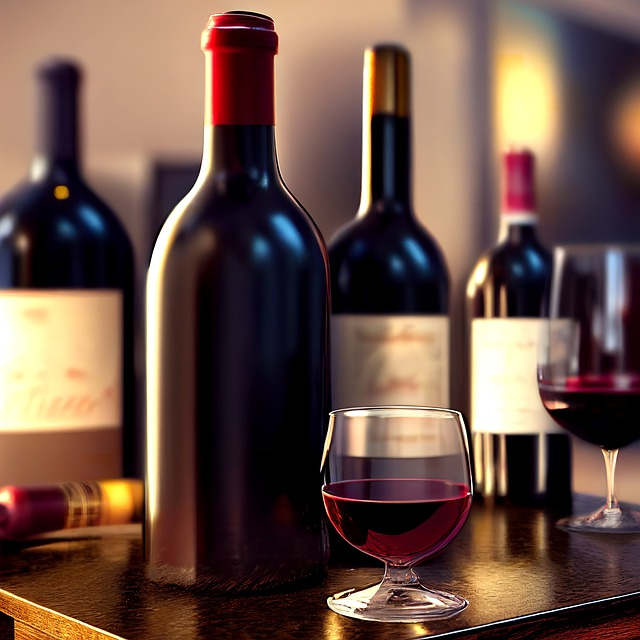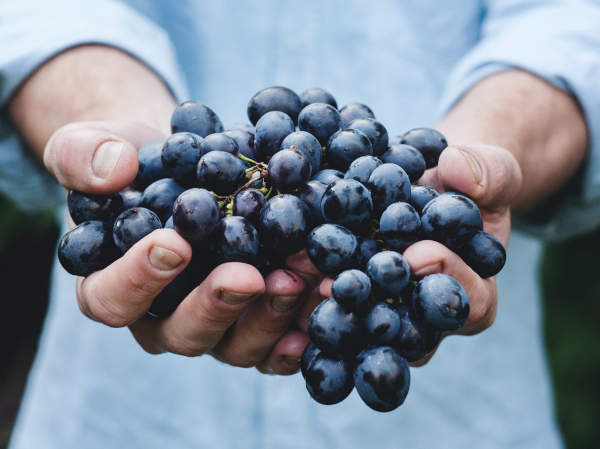How to Store and Age Wine
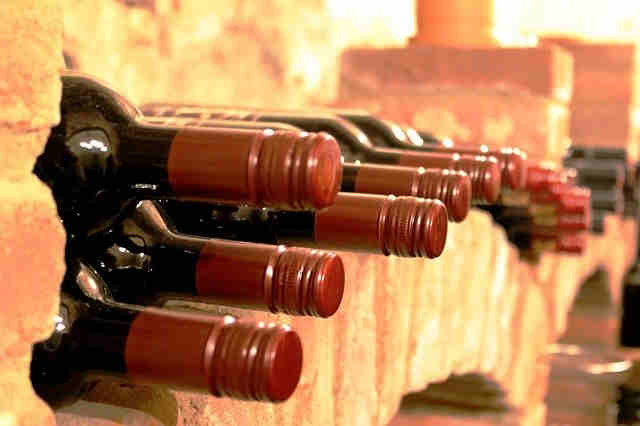
Starting a wine collection can be a very rewarding experience but it’s important to understand how to store your wine correctly so it improves with age. Getting the storage conditions right will ensure the great bottle you bought today will age into an incredible bottle in a few years.
Which Wines Can Be Aged?
Not all wines benefit from the aging process. In fact, the flavor of many wines starts to degrade after a few years rather than improve. The wines that are built to age tend to have a few common characteristics including:
- High acidity
- High tannins
- Balanced alcohol content
- More residual sugar
- Phenolic bitterness in white wines
Characteristics like this give structure to a bottle of wine and preserve the flavor as it ages. Many wines that are perfect for long-term storage will taste too robust and tannic the year they were bottled but these aspects soften and the flavor evolves over time as a result.
Red wines are more amenable to aging in general because they naturally tend to contain a higher concentration of tannins and alcohol. Many white wines can still improve over several years though as long as the individual white wine is high in acidity and phenolic compounds.
Some of the types of wine that tend to have ideal characteristics for aging include:
- Cabernet sauvignon
- Merlot
- Syrah
- White rioja
- Chardonnay
- Sémillon
While the varietal can give you a good idea of whether a particular wine will be suitable for aging, it’s still something you need to determine for each individual bottle rather than a blanket rule. Some of the best ways to learn more about the aging potential of wine are to look at the winery’s aging recommendations and the recommendations of professional wine tasters who have tried the wine.
Ideal Storing Conditions
A bottle of wine that is perfect for aging can still end up undrinkable if you don’t store it correctly. To get the most out of your investment, you should be aware of the following factors when storing wine:
- Temperature
- Light
- Humidity
- Airflow
- Bottle position
- Vibrations and movement
- Temperature
The most important aspect of wine storage is proper temperature management. Wine should be stored at a temperature of 55 degrees if possible. Your wine will be safe between 45 and 65 degrees but the closer you can keep it to the middle of this range, the better the outcome.
It’s also equally important to keep the storage temperature stable. Fluctuations in the temperature of your wine can cause it to age poorly.
Light
Storing wine successfully also requires light exposure to be managed. Most wines are stored in a dark bottle for this purpose because it helps to filter some of the light before it can reach the wine inside. Protecting your wine from harsh light will help it age better but keeping it in a consistently dark place is ideal.
Humidity
It’s becoming less common for wines to be sealed with corks but many wines still are. If your wine has a cork, you need to protect it from extremes in humidity because this can impair the effectiveness of the cork and even ruin the wine. Protect all wine from flooding or dampness regardless of the seal type, because this can damage the bottle or label.
Airflow and Storage Position
Airflow and storage position are two more factors that have a significant effect on the storage of cork-sealed wines. Your wine should be stored horizontally in a place which has a little airflow. This will prevent mold growth and cork degradation, ensuring both the bottle and liquid inside maintain high quality.
Vibrations and Movement
Any movement of stored wine can disrupt the aging process and may lead to poor aging. It’s important to store your wine in a calm, quiet place and not touch it until you’re ready to drink it.
Where to Store Wine
Knowing the ideal conditions to store wine helps to reveal some of the best places to store it. If you have a basement, this is the most likely candidate but only if the humidity and temperature are stable. If not, a dark closet somewhere far from the kitchen or bathrooms is another ideal place to store wine.
If you plan to keep many expensive bottles of wine, the best solution is a wine fridge because it’s the only place that can keep your wine at the optimal temperature and humidity for long periods while also protecting it. It’s not necessary for smaller collections or if you don’t need to protect a substantial financial investment though.
You can get great results when storing wine as long as you’re careful with which wines you choose to age and where you keep them. Aging wine is just as much about selecting the right bottles as it is maintaining them under ideal conditions.

